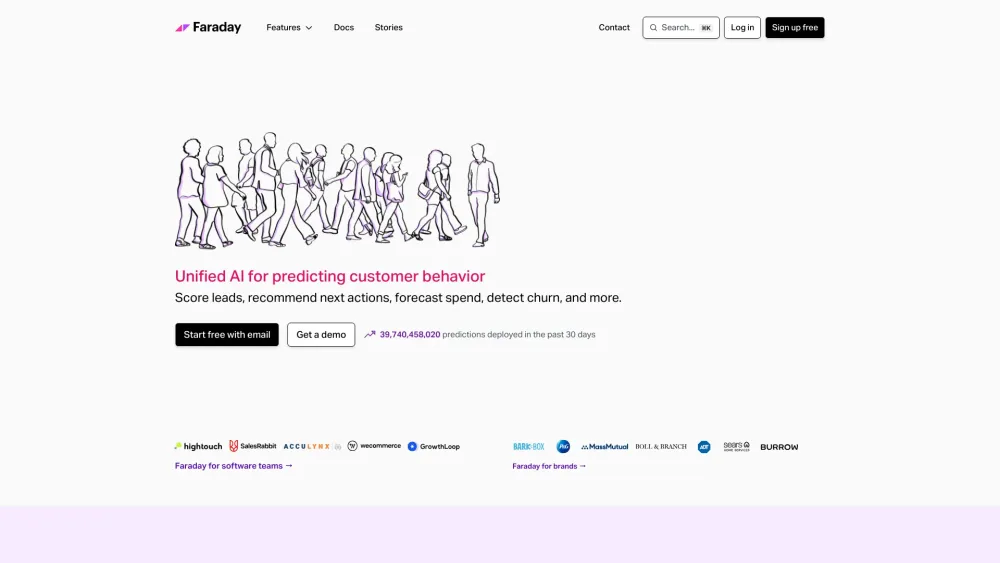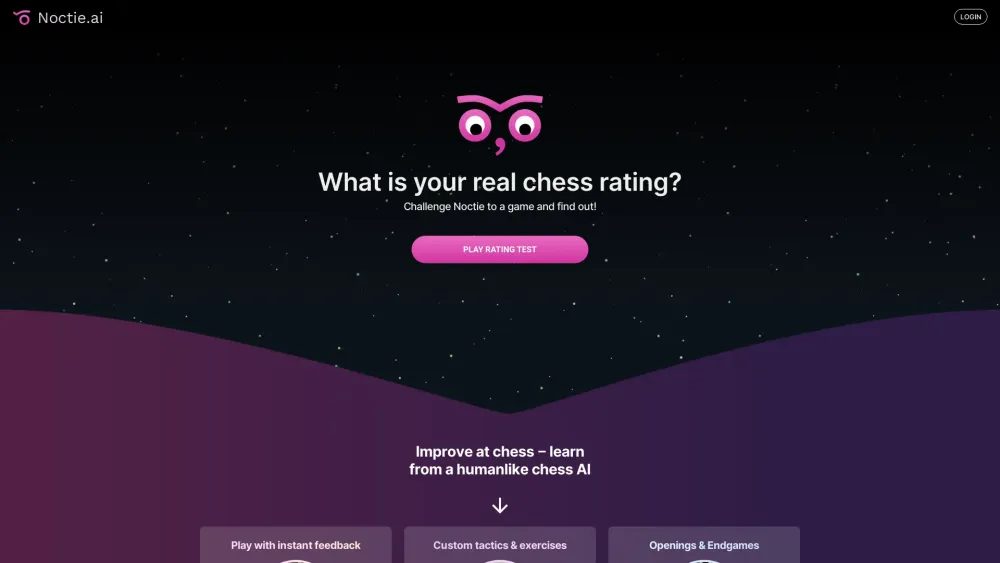Global leaders are emphasizing their commitment to addressing the risks and opportunities of artificial intelligence (AI).
Today, the Group of Seven (G7) — a coalition of major industrial nations including the U.S., E.U., U.K., Canada, France, Germany, Italy, and Japan — announced the International Code of Conduct for Organizations Developing Advanced AI Systems. This voluntary framework is an extension of the "Hiroshima AI Process," introduced in May, and aims to promote safe, secure, and trustworthy AI.
Simultaneously, U.S. President Joe Biden issued an Executive Order on “Safe, Secure, and Trustworthy Artificial Intelligence,” and the European Union is finalizing the EU AI Act. Additionally, the U.N. Secretary-General has established a new Artificial Intelligence Advisory Board comprising over three dozen leaders from government, technology, and academia to support global governance of AI.
The G7 stated, “We stress the innovative opportunities and transformative potential of advanced AI systems, particularly foundation models and generative AI. However, we also recognize the need to manage risks to protect individuals, society, and our shared commitments to the rule of law and democratic values, keeping humanity at the center."
To meet these challenges, G7 leaders are advocating for "inclusive governance" of AI.
An Extensive 11-Point Framework
The G7 has released an 11-point framework to guide the responsible development and deployment of AI systems. They urge organizations to adhere to this code while recognizing that jurisdictions may adopt unique implementation approaches.
The 11 points are as follows:
1. Risk Identification and Mitigation: Implement measures during development to identify, evaluate, and mitigate risks, ensuring systems are trustworthy and secure.
2. Post-Deployment Monitoring: Identify and address vulnerabilities and misuse through ongoing monitoring and transparent reporting.
3. Transparency Reporting: Publicly disclose the capabilities, limitations, and appropriate usage of advanced AI systems, backed by robust documentation.
4. Responsible Information Sharing: Share evaluation reports and information related to security and safety risks openly.
5. Governance Policies: Develop and disclose AI governance and risk management strategies concerning personal data and outputs.
6. Security Controls: Invest in physical security, cybersecurity, and safeguards against insider threats.
7. Content Authentication: Implement reliable methods for content authentication and clearly disclose interactions with AI systems to users.
8. Societal Risk Mitigation: Prioritize research aimed at reducing societal, safety, and security risks.
9. Address Global Challenges: Focus AI development on solving pressing global issues, such as climate change, health crises, and education, while promoting digital literacy.
10. International Standards: Advance the creation and adoption of international technical standards and best practices.
11. Data Input Protections: Ensure robust protections for personal data and intellectual property, emphasizing transparency concerning training datasets.
A Living Document for a Dynamic Landscape
The G7 underscored the importance of upholding the rule of law, human rights, fairness, and democratic values in AI deployment. Advanced systems should not compromise democratic principles or pose significant risks to safety and rights.
To maintain relevance, the code of conduct will evolve based on feedback from governments, academia, and industry, categorizing these principles as a "non-exhaustive" and living document.
G7 leaders aim to maximize the benefits of AI while mitigating risks for the global good, especially for developing economies to bridge digital divides and foster inclusion.
Support from Global Leaders
The code of conduct has received endorsement from other global officials, including Věra Jourová, Vice President for Values and Transparency at the European Commission. "Trustworthy, ethical, safe, and secure—that's the generative artificial intelligence we need," Jourová stated. "This Code of Conduct will enable the EU and our allies to lead in ensuring AI provides benefits while addressing inherent risks."
European Commission President Ursula von der Leyen also encouraged AI developers to sign and implement the Code of Conduct swiftly, highlighting the significant benefits AI can offer to citizens and the economy despite the challenges it brings.




